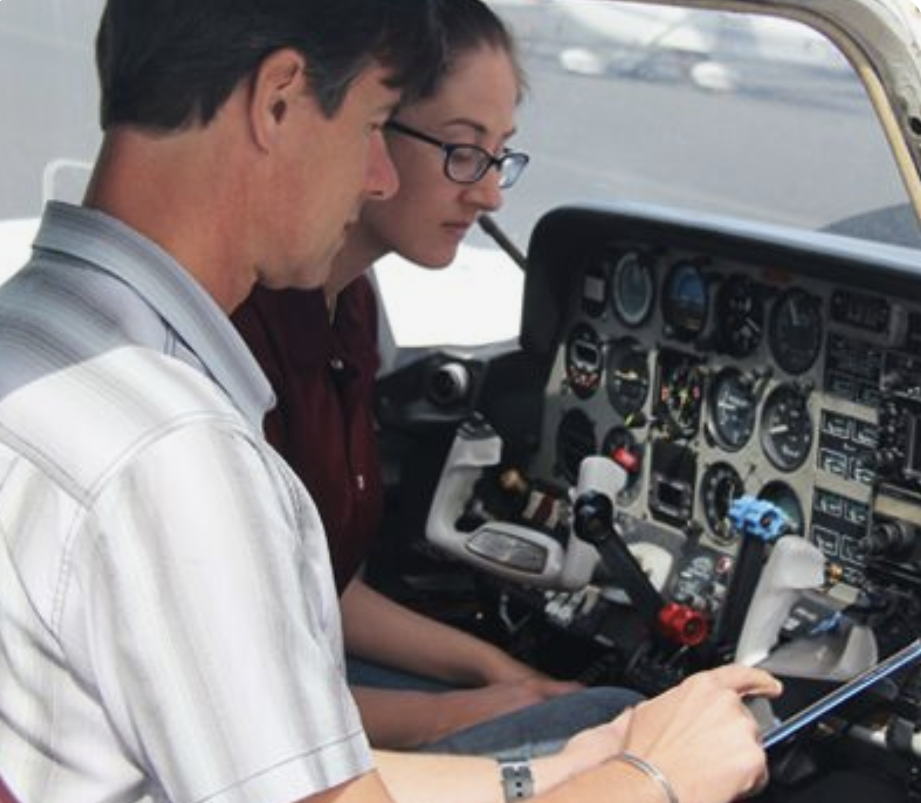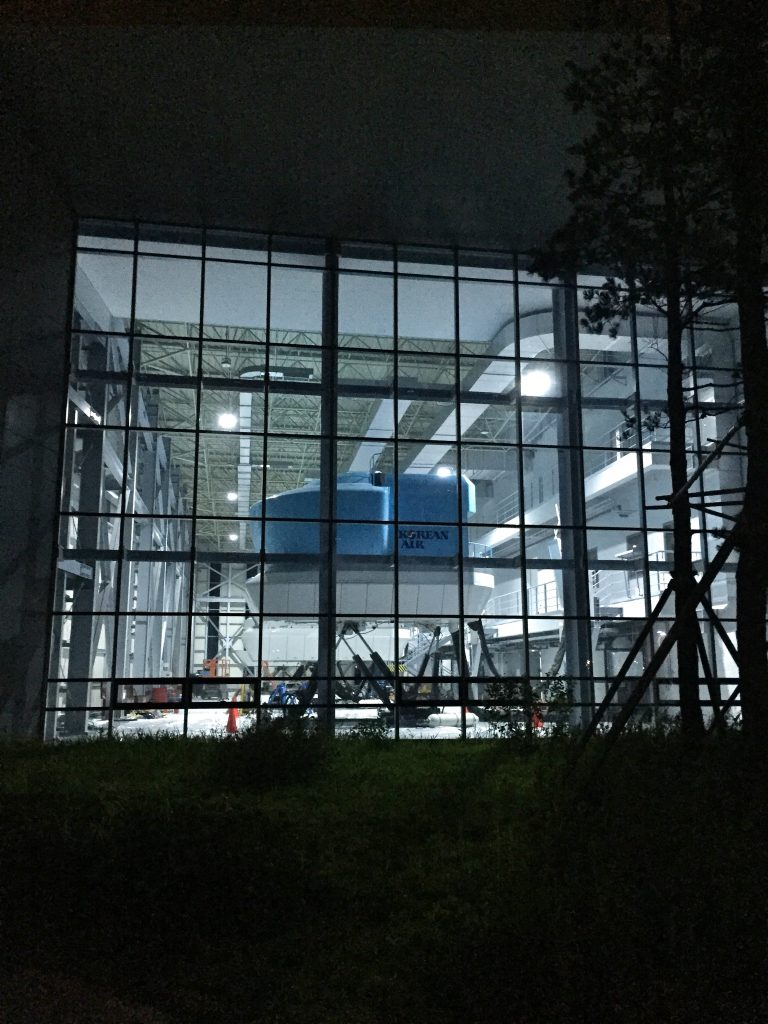
Airline Commander and Crew Mentor, Qrewmentor helps and guides crew members to access jobs with honesty and professionalism.

Taking Flight into Your Own Hands
Becoming an airline pilot is a dream that many individuals hold close to their hearts.
The exhilaration of soaring through the skies, the sense of adventure, and the responsibility that comes with piloting a large aircraft are all compelling reasons to pursue this career path.
While formal training through flight schools and aviation academies is crucial, there are also various ways in which aspiring airline pilots can enhance their skills and knowledge through self-training.
In this blog post, we will explore some valuable strategies and resources that can empower individuals to take flight into their own hands and become the best pilots they can be.

To embark on the journey of self-training, it is important to have a strong foundation of aviation knowledge. Familiarize yourself with the fundamentals of aerodynamics, aircraft systems, navigation, meteorology, and aviation regulations. Online courses, textbooks, and educational websites can provide valuable resources for learning and understanding these core concepts.
Flight simulators are an invaluable tool for self-training. These software programs replicate the experience of flying an aircraft, allowing you to practice a wide range of maneuvers and scenarios in a safe and controlled environment. Invest in a high-quality flight simulator program and hardware, such as a joystick or yoke, pedals, and a realistic cockpit setup. Practice different flight procedures, emergency situations, and refine your skills in areas like instrument flying and navigation.

Aircraft manuals contain a wealth of information about the systems, procedures, and limitations of specific aircraft models. Obtain the manuals for the aircraft you aspire to fly and study them thoroughly. Understand the intricacies of the aircraft’s systems, emergency procedures, and normal operating procedures. This knowledge will not only make you more proficient but will also give you an edge during interviews and evaluations.
Engaging with fellow aviation enthusiasts and professionals through online forums, social media groups, and aviation-specific websites can be highly beneficial. Participate in discussions, ask questions, and share your experiences. Networking with experienced pilots and aviation experts can provide you with valuable insights, tips, and guidance on self-training methods and career progression.

Immerse yourself in aviation literature, both technical and non-technical. Explore books, magazines, and articles that cover a wide range of aviation topics, including pilot memoirs, accident investigations, and aviation history. These readings not only broaden your knowledge but also offer valuable insights into real-world aviation experiences and challenges.
Aviation is an ever-evolving industry, and it is crucial for pilots to stay updated with the latest advancements and regulations. Regularly follow aviation news sources, industry publications, and official regulatory bodies to keep abreast of changes and developments. Understanding emerging technologies, safety protocols, and industry trends will help you stay ahead of the curve and demonstrate your commitment to ongoing self-improvement.

While self-training is largely an independent endeavor, seeking mentorship and guidance from experienced pilots can provide invaluable support. Establish connections with seasoned aviators who can offer advice, share their experiences, and provide constructive feedback on your progress. Their mentorship can significantly accelerate your learning process and help you avoid common pitfalls.
Self-training for aspiring airline pilots is a proactive approach to complementing formal education and accelerating personal growth in the aviation field. By building a solid foundation of knowledge, leveraging flight simulators, studying aircraft manuals, engaging with aviation communities, reading aviation literature, staying updated, and seeking mentorship, individuals can enhance their skills, knowledge, and confidence as they embark on their journey to become professional airline pilots.
Remember, self-training is a day to day work and its persistence that pays off in the end.
Meanwhile, may you find peaceful skies.
Enrique.

Subscribe to our blog and stay up to date with what’s happening at qrewmentor.com
